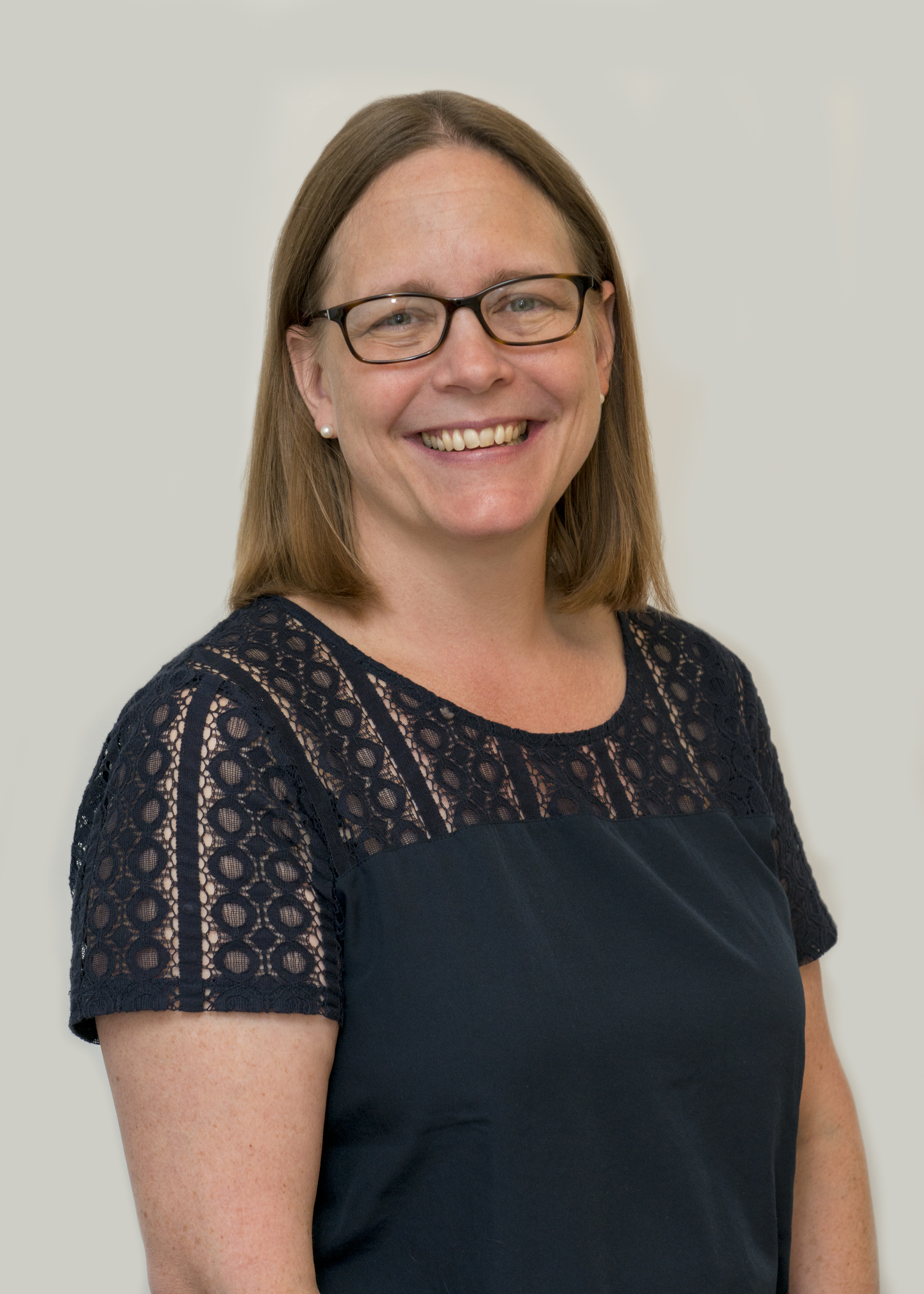Takeaway
In an environment pushing us ever faster, making the time to listen will often lead to better patient outcomes and greater clinician fulfillment.

Connecting with patients | January 9, 2019 | 1 min read
By Shannon Scott-Vernaglia, MD, Mass General
I love stories. I love listening to stories, telling stories, and reading stories. In fact, our home is filled with books which now have spilled over to the sidewalk to reside in the little neighborhood library we have constructed for the sharing of old favorites and new ones in the model of the Little Free Library and BookCrossing. I pepper most talks with pictures or quotations from children’s books, and my most special holiday gift this year was a used copy of one of my resident’s favorite childhood books. Stories teach us, entertain us, and help us see the world in new and different ways. Stories are the reason I love medicine.
In his recent piece published on NPR’s Cognescenti blog, emergency physician and writer Jay Baruch, MD, urges us to take the time to pull up a chair and listen to our patients’ stories, to really hear them, no matter how busy the clinical setting. He reminds us that often the chief complaint is not the chief problem the patient is facing, but that we won’t learn that if we don’t listen. He uses Anton Chekhov’s short story “Misery” as a reminder that, “Loneliness counts as a growing public health problem.” In the story, the protagonist repeatedly tries to tell people of his son’s recent death, but no one cares to listen other than his old horse.
I’d like to hope that no one leaves my office feeling they need to go talk to their horse. Yet, it can be overwhelming to want to spend more time listening when we have so many other forces pushing us faster. One of the things I love about Baruch’s piece is that he doesn’t pretend that we always get it right, that we always listen perfectly. Instead, he urges us to do what he does – to reflect regularly on the importance of listening to keep us grounded. In an environment pushing us ever faster, making the time to listen will often lead to better patient outcomes and greater clinician fulfillment. I am glad that Baruch encouraged me to read “Misery,” to pause and appreciate Iona’s story, and to feel refreshed to start listening anew to the beautiful stories of my patients’ lives tomorrow.

